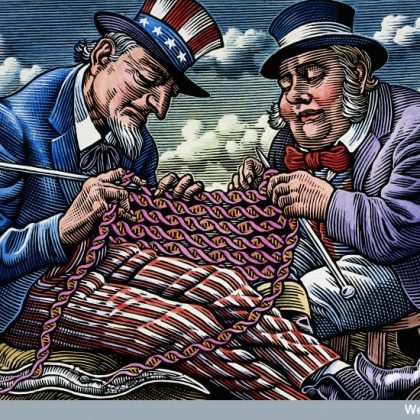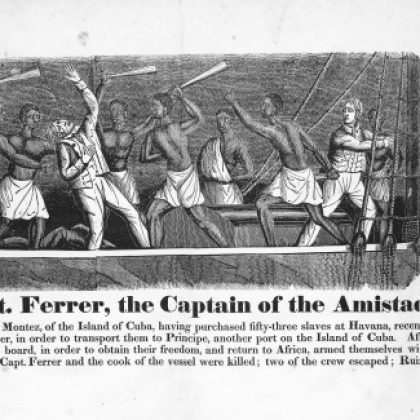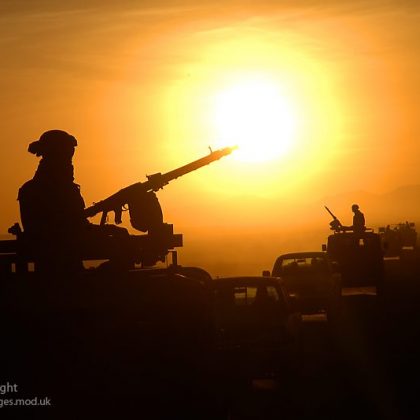Angry protestors; crowds cheering as the Berlin Wall falls – the role emotions play in protests
Angry protestors battling the forces of order; workers celebrating during strikes and factory occupations; colourfully dressed hippies happily dancing; crowds cheering as the Berlin Wall fell; songs of protest that call for solidarity and hope; protestors that demand ‘better’ feelings, like ‘free love’ or ‘less fear’ – protests, revolts and revolutions are, it seems, moments of intense emotions.…















